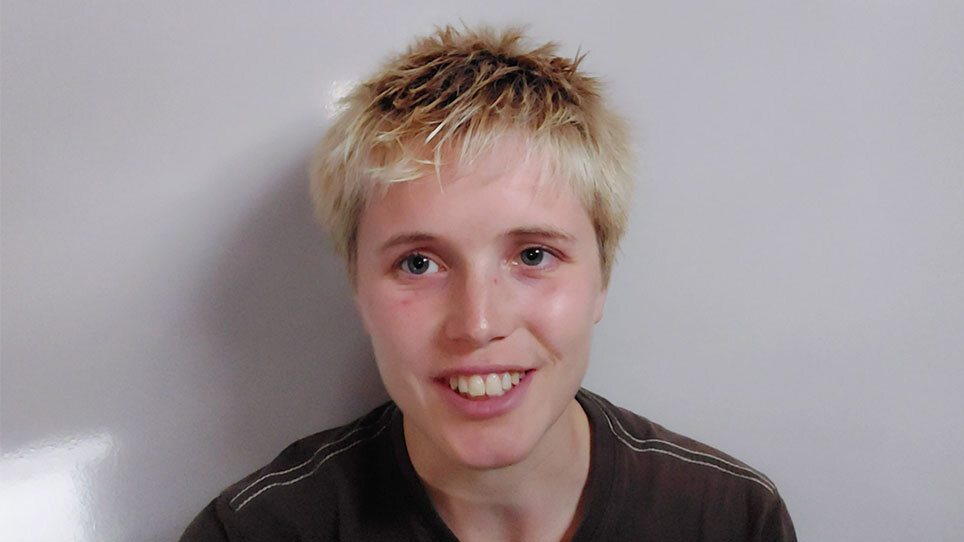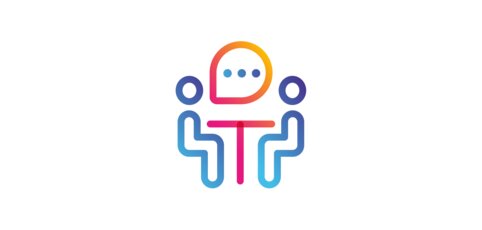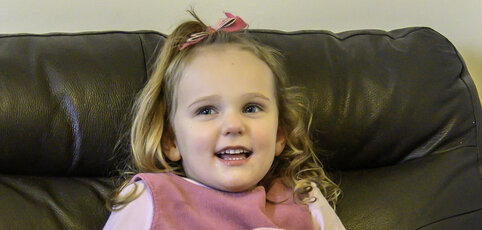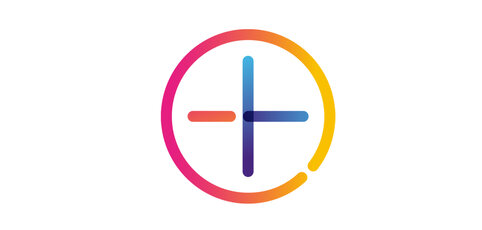
"The diagnosis actually changed my life. Before that, I just did not understand myself"
Finty
- shares her experience of assessment and diagnosis
Our Young Ambassador Finty describes her experience of being referred for an autism assessment and receiving her diagnosis at the age of 15. Finty describes how the diagnosis helped her to understand herself and had a positive impact on her treatment for an eating disorder.
Video transcript
What made you want to seek a diagnosis?
I think the reason that I wanted a diagnosis was because I was really not doing well at the time. I was quite ill, and I felt like nothing was helping me.
And I was told that: “You know if you get a diagnosis then it might help you to understand yourself a bit better.” I was 15 at the time, so I kind of just went off that, to be honest.
How did you get a referral?
Because I was being treated for an eating disorder at the time, I actually got a referral through CAMHS (Child and Adolescent Mental Health Services), and the waiting list wasn’t that long. In fact, I don’t actually remember waiting at all, but I think it’s because I was so ill at the time.
So I was hospitalised for an eating disorder for three months, and then after that, I had outpatient treatment, and none of it really helped. And I think one of my therapists actually suggested: "You know, maybe it might be worth going down the autism route, seeing if that holds any answers for you."
"Because I was being treated for an eating disorder, I got a referral through CAMHS and the waiting list wasn’t that long."
Because none of the treatment that I was being given for the eating disorder really matched, I guess, the root cause of my disorder. You know, a lot of the work is around body image, whereas that didn’t really apply to me.
What do you remember doing as part of the assessment?
I just remember the assessment being really stressful. I think I could tell that there was kind of a lot going on behind the scenes. Obviously, I was a child, so I kind of didn’t do much except turn up on the day and do the tests they made me do.
But I also knew that like school were asked to do stuff, my parents were – and I kind of was quite scared of what they were saying about me. I was always very sort of, I guess, paranoid about what people thought about me.
So, knowing that people were contributing to something that would change my life, probably forever, was quite scary.
“School were asked to do stuff and my parents. Knowing that people were contributing to something that would change my life was quite scary.”
In terms of the actual assessment, I remember there being a screen, like a one-way screen, so people could see through, but I couldn’t see them. I also found that quite stressful.
I think some of the tasks were really hard, like the storytelling one and like having to use your imagination. I kind of didn’t get the point of them. And it all felt very strange.
And I almost felt like the assessors were speaking to me like I was a child, but I was 15, and it felt very strange.
How did you feel when you were told the result, and given an autism diagnosis?
When I was given the result of the assessment, I was kind of disappointed because I went into it kind of thinking I wasn’t autistic, and I kind of tried not to get a diagnosis. You know, I actually read up about it beforehand.
What impact has having a diagnosis had on your life?
I think for me the diagnosis actually changed my life. I really don’t know where I’d be now if I didn’t have it because, before that, I just did not understand myself.
There was such a disconnect between how I, sort of, was perceived by others and how I saw myself. And I felt, a lot of the time, really bad about myself.
“The diagnosis actually changed my life. I really don’t know where I’d be now if I didn’t have it.”
And I think the diagnosis really helped me to reconcile with, I guess, the guilt I felt for being a ‘bad person’ or perceiving myself to be a ‘bad person’. So, I think it really helped in that respect. And actually, I think without it, I wouldn’t have recovered from my eating disorder. So I think, in a way, it kind of saved my life, and I’m really grateful that I got it.
Related content

Diagnosis
Our guides for autistic adults, parents and carers, and professionals, on the diagnostic process, getting support after a diagnosis, and more.

Autistic women and girls
More women and girls than ever before are discovering that they are autistic. Many had been missed or misdiagnosed due to outdated stereotypes about autism. But that is slowly changing.

